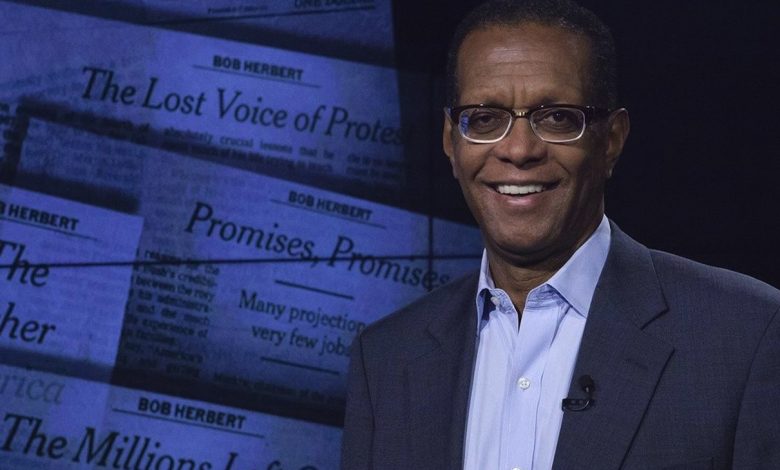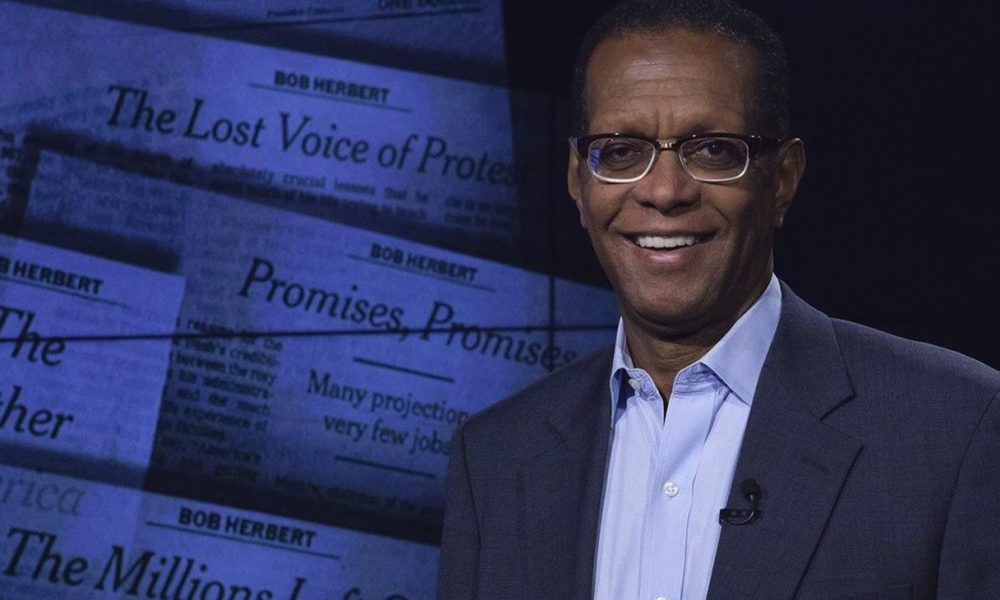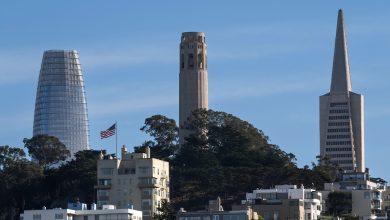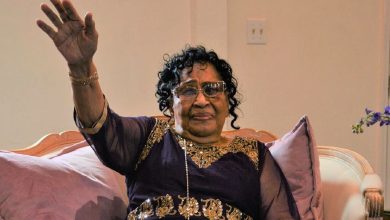‘Against All Odds’ Film Showing at Marin City Library on April 18


By Tamara Shiloh
It was a time in America when white racial resentment was a critical factor in everyday life. Crowds of Blacks marched and boycotted, their voices demanding a future beyond blatantly illegal state and local racial practices in places like Birmingham and Selma and Greenwood and Montgomery.
But on the night of April 4, 1968, those voices turned to cries. Some gathered in homes, hovering around radios and TV sets. Some converged on churches, where they prayed through the night. And others, fueled by despair and disappointment, took to the streets.
Later dubbed the Holy Week Uprising, bricks and Molotov cocktails were thrown, and fires burned in more than 100 US cities including Chicago, Baltimore, Kansas City, and Washington D.C. Armed National Guardsman patrolled the streets of Wilmington, Del., with orders to end violence in the most impoverished neighborhoods. As the days passed, renewed violent unrest would take place in nearly 200 cities.
That was the evening Walter Cronkite made an announcement that shocked America and the world: “Dr. Martin Luther King Jr., civil rights leader and Nobel Prize winner, was shot and killed tonight in Memphis, Tenn.”
King, the man dubbed a savior by some and a communist by others, had been gunned down on the balcony of his room at the Lorraine Motel. He was rushed to St. Joseph’s Hospital, where he was pronounced dead within an hour. He was 39. No other news story during that time received as much coverage. King’s death became a topic of discussions for days to come.
“I remember Walter Cronkite coming on television, interrupting the program to announce that Dr. King had been shot and killed,” Robert Birt told TheAtlantic.com. “I remember my mother breaking down and crying on the sofa. I can remember, you know, waves of sorrow, anger welling up in my chest at that time.”
Vann R. Newkirk II, journalist and staff writer for The Atlantic, wrote: “It’s been over 50 years since then, but for many people, it feels like yesterday … Almost universally, when I talk to Black people who remember the assignation of Martin Luther King, they’re still wrestling with grief.”
On the morning of April 3, 1968, King took a flight from Atlanta to Memphis. He was “not in a particularly good state of mind,” NPR reported.
While the plane was about to take off, “there was a bomb threat that was specifically targeted at King and that delayed the departure of the flight,” according to author Joseph Rosenbloom. “They brought dogs onto the plane; they evacuated the passengers.” Although King was accustomed to receiving threats, this one, he thought, “might be a sign of something terrible to come.”
Some of King’s aides, Rosenbloom wrote, “said that they’ve never seen him more depressed than he was at that time.” King was certain that he was going to die, and soon. He was shot and killed 31 hours later.
Take a closer look at MLK’s final hours in Joseph Rosenbloom’s “Redemption: Martin Luther King Jr.’s Last 31 Hours.”



